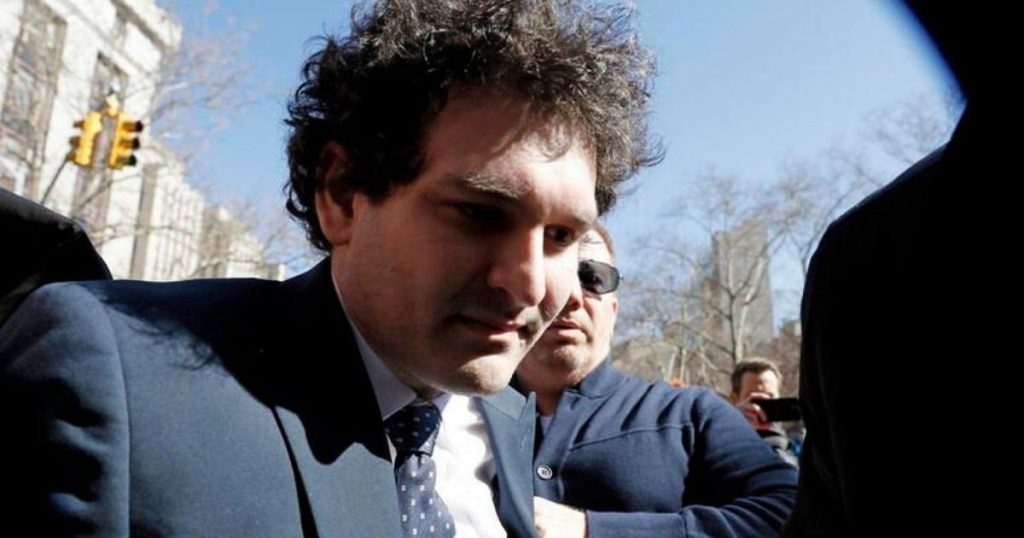FTX founder Sam Bankman-Fried has been sentenced to 25 years in prison for a massive fraud that led to the collapse of his cryptocurrency exchange platform and hedge fund. The federal court in New York made the ruling after prosecutors sought a sentence of 40 to 50 years. The defense, on the other hand, requested a much shorter sentence ranging from five to six and a half years. Bankman-Fried was found guilty of seven charges, including being responsible for the disappearance of around $10 billion in client deposits in 2022. The judge also determined that the total loss from the fraud at FTX exceeded $550 million.
In addition to the prison sentence, Judge Kaplan ordered the confiscation of $11.2 billion, stating that there would be no restitution due to the impracticality of doing so with so many victims involved. The judge expressed concern about the possibility of Bankman-Fried committing further harm in the future, describing it as a significant risk. While Bankman-Fried acknowledged his mistakes and expressed regret for the impact on clients, the judge noted his lack of remorse for the serious crimes committed. Bankman-Fried’s desire for significant political influence in the country was cited as a motivation for his financial crimes.
Despite acknowledging the defendant’s intelligence and autism diagnosis, Judge Kaplan highlighted Bankman-Fried’s unconventional and at times off-putting interactions with others. He recognized Bankman-Fried’s potential for significant achievements, but also pointed out his behavior as challenging. The sentencing reflects the severity of the fraud committed by Bankman-Fried, which resulted in substantial losses for FTX and its clients. The case highlights the importance of accountability and restitution for victims in cases of financial fraud.
The repercussions of Bankman-Fried’s actions have had a significant impact on the cryptocurrency industry and investor confidence. The collapse of FTX and its associated hedge fund has raised questions about the regulatory oversight of digital asset exchanges and the need for greater transparency and accountability in the sector. The sentencing of Bankman-Fried sends a strong message about the consequences of fraudulent activities in the cryptocurrency space and underscores the importance of ethical business practices to safeguard investor funds.
As the founder of a prominent cryptocurrency exchange, Bankman-Fried’s fall from grace serves as a cautionary tale for others in the industry. The case underscores the need for comprehensive due diligence and risk management practices to prevent similar incidents in the future. Moving forward, regulators, industry stakeholders, and investors must work together to establish clear guidelines and protocols to ensure the security and integrity of digital asset platforms and protect the interests of users. By learning from this case, the cryptocurrency community can strive to prevent fraud and misconduct, promoting a safer and more trustworthy environment for participants.


